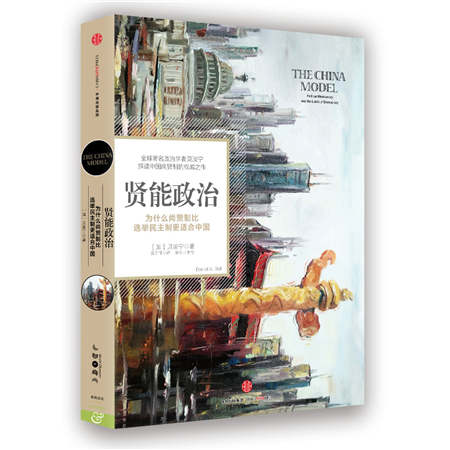Philosopher's guide
By Wang Kaihao | China Daily | Updated: 2018-02-05 09:28

In 2016, he accepted the invitation from the university in Shandong province, the original center of Confucianism.
The province's Qufu city was the birthplace of Confucius, a philosopher and educator of the Spring and Autumn Period (770-476 BC).
Bell says while there has been a growing interest among foreigners in learning the Chinese language, most of them are doing so for business. And, now, when China is making efforts to revitalize its cultural self-confidence, he wants to help people more comprehensively understand this country.
"As a known Canadian philosopher on comparative politics, he has focused on the studies of Confucianism and has written many treatises on Chinese culture and social politics," says Wang Song, deputy director of the education, science, culture and healthcare department at the State Administration of Foreign Experts Affairs.
Wang attended the award ceremony at Beijing Normal University in January.
According to Wang, Bell's works have been published in 23 languages.
"He has sincere emotions about Chinese culture," Wang says. "His in-depth studies have made an extraordinary contribution to help our culture go global."
Bell says he does not know if he deserved the prize but adds that a lot of work remains to be done in this field. He points to the difficulties of promoting Chinese culture overseas.
"Promotion of sophisticated forms of Chinese culture is a long-term project," he says. "If it becomes vulgarized and homogenized, we will have failed at our task."
Bell does not want to scratch the surface. So he has picked an angle, which is less metaphysical but probably more challenging as well.
In his book, The China Model: Political Meritocracy and the Limits of Democracy, which was first published in 2015, he favors China's meritocracy, which echoes ideas in Confucianism, over the one-person one-vote system in selecting a country's political leaders. He has faced criticism from some Western scholars, probably because his statement differs from what they have taken for granted.
"I think it's a problematic view to think there is only one legitimate way to select political leaders," Bell says.
"There are different possibilities, decided by the country's size, history and the public's needs.
























